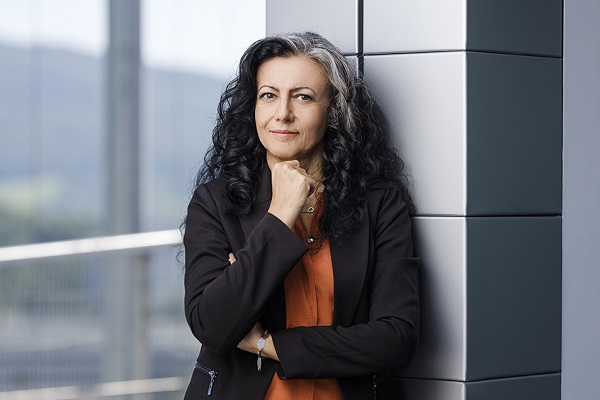On behalf of the emperor: In 1878 women were admitted to Austrian universities, but – as documented at the time – only by exception.

What seems like so long time ago is really not that long ago at all. Following a petition to Emperor Franz Joseph in 1895, the Austrian Ministry of the Interior recognized Gabriele Possanner von Ehrenthal's Swiss medical degree, thus allowing her to practice medicine. In 1907, Elise Richter, a Romance scholar, became the first woman to receive a post-doctorate/habilitation at the University of Vienna. She was able to do so in lieu of a decree issued by the Austrian Ministry of Education and Cultural Affairs on May 6, 1878, which, for the first time, admitted women to university courses, however "only on exception" and only in "special circumstances to be appreciated in an individual case".
While the ideals from back then make people shake their heads today, this also raises the question: After 144 years since women have been able to attend university in Austria, what is it like for women in science?
Today at the JKU, there are more women enrolled than men (12,523 to 11,805). However, when it comes to academic faculty, the situation is different: In this regard, only 37% are female. Among professors, the proportion of women is only 17.71%. The rate is, however, increasing as ten years ago, the proportion of women among academic faculty was 34%, and among professors just 14.41%.
Is this reason for celebration or concern? Alberta Bonanni, JKU Vice-Rector for Research, Gender and Diversity, gives us some of her thoughts.
Do you consider days like "Women in Science Day” important?
Prof. Alberta Bonanni: I believe they are very important because they remind us that we still have a long way to go and collective efforts are the way to move forward.
What is the current landscape for women scientists like at the JKU?
Prof. Alberta Bonanni: The situation depends very much on the subject area. There are very large gender gaps in certain subject areas. The issues of gender and diversity are a main priority at the JKU and we are confident that by continually increasing awareness at all levels and by practicing targeted initiatives, we can move quickly towards an egalitarian, inclusive and more equal landscape.
How difficult was your journey to pursue science?
Prof. Alberta Bonanni: I was lucky because it was a natural path for me and facing the challenges was rewarding.
What advice do you have for women who want to become scientists and researchers?
Prof. Alberta Bonanni: Follow your passion and don't be discouraged by those who keep telling you that it's not the right thing for you.
More Voices from Women in Science
Barbara Lehner, Engineering & Technology, opens an external URL in a new window
Magdalena Neuhofer, Law, opens an external URL in a new window
Teresa Schwendtner, Business, opens an external URL in a new window
Clara Ganhör, Medicine, opens an external URL in a new window








